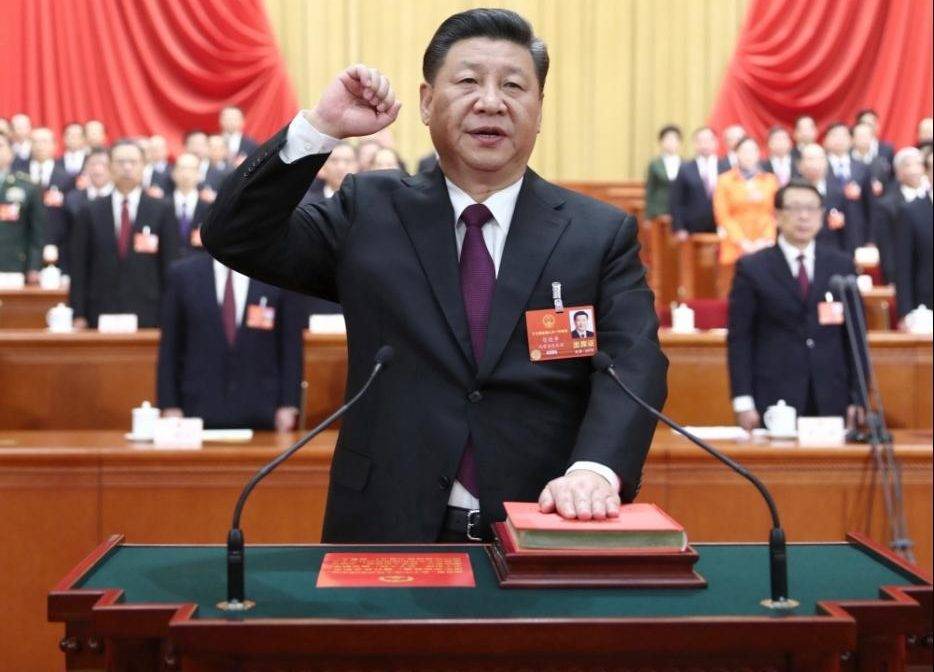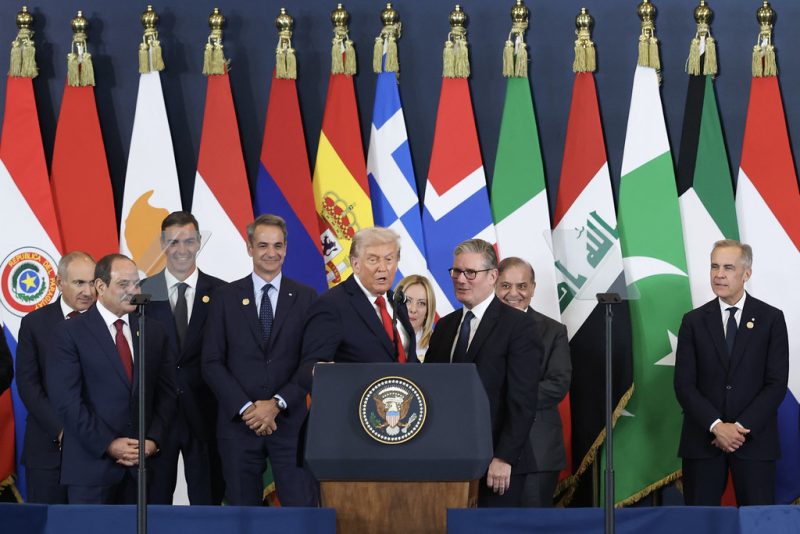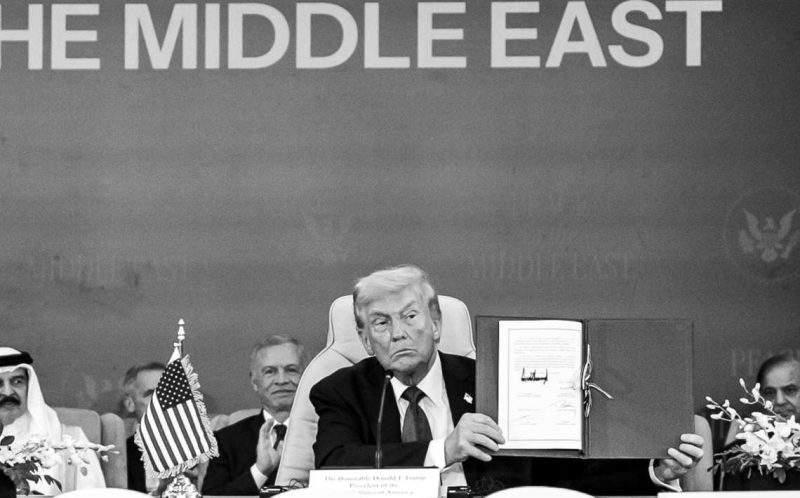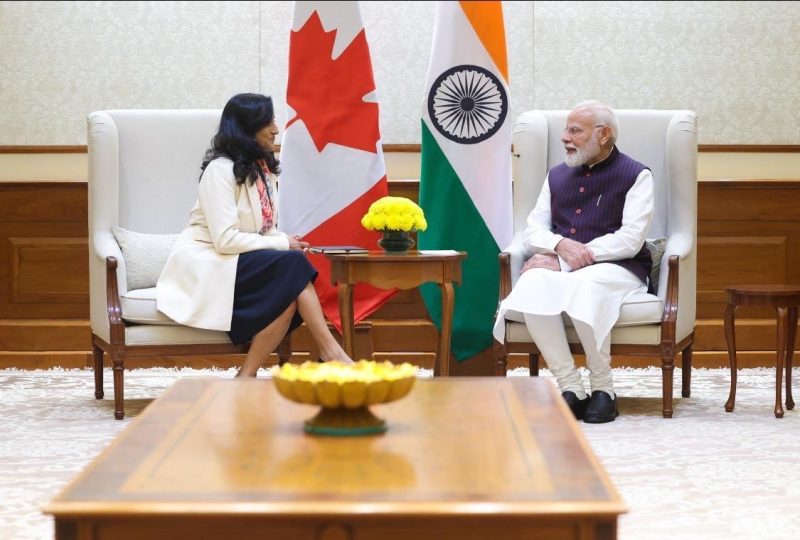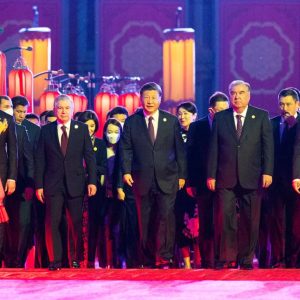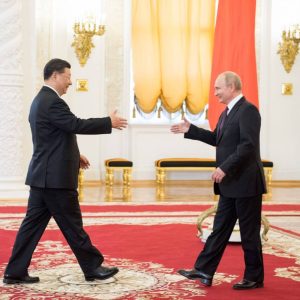It is only the third of its kind since the party was founded — the first was passed by Mao Zedong in 1945 and the second by Deng Xiaoping in 1981…reports Asian Lite News
The Chinese Communist Party (CCP) has passed a “historical resolution” cementing Xi Jinping’s status in political history, the BBC reported.
The document, a summary of the party’s 100-year history, addresses its key achievements and future directions.
It is only the third of its kind since the party was founded — the first was passed by Mao Zedong in 1945 and the second by Deng Xiaoping in 1981, the report said.
The resolution was passed on Thursday at the sixth plenary session, one of China’s most important political meetings.
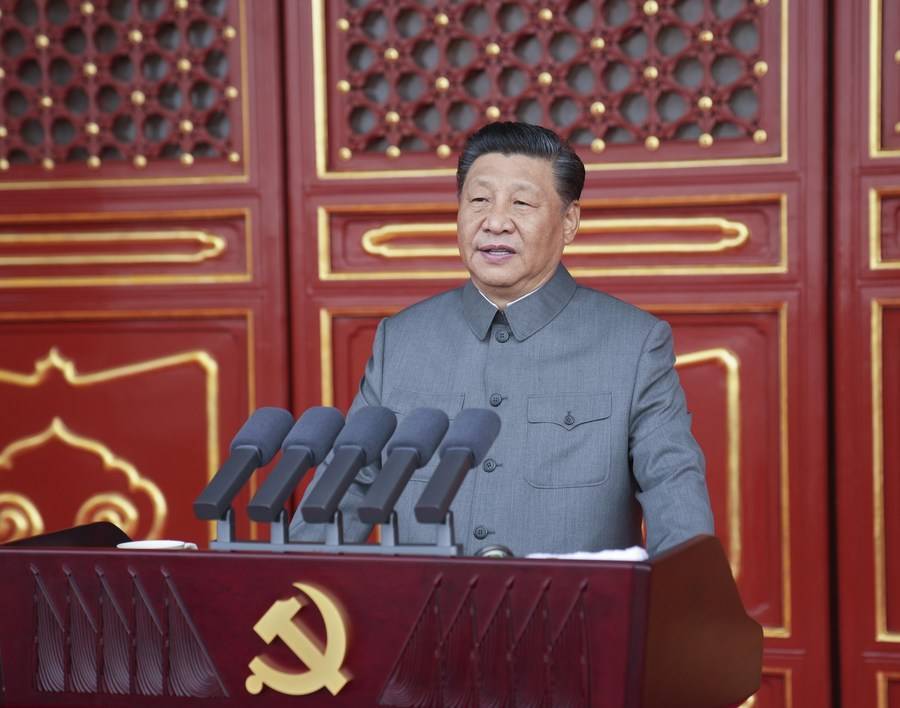
As only the third Chinese leader to have issued such a resolution, the move aims to establish Xi as an equal to party founder Mao and his successor Deng, the report said.
Some observers see the resolution as Xi’s latest attempt to turn back decades of decentralisation by Chinese leaders that began under Deng and continued through other leaders like Jiang Zemin — a sign that China might be moving back to a so-called cult of personality, the report said.
The four-day closed door session gathered more than 370 full and alternate members of the party’s 19th Central Committee — the country’s top leadership.
It was the last major meeting of party leaders ahead of the national Congress next year, where Xi is expected to seek a historic third term as President.
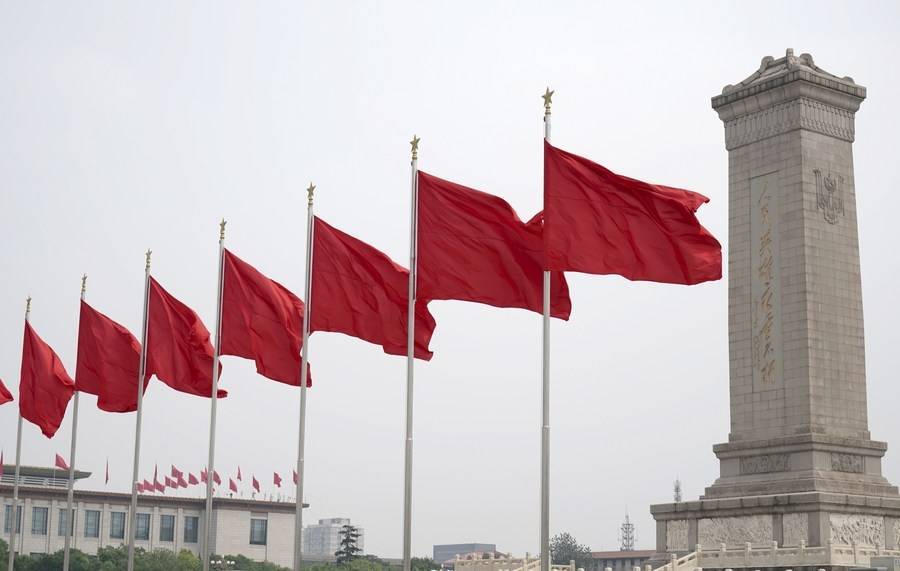
In 2018, China had scrapped the two-term limit on the presidency, effectively allowing him to remain in power for life.
Essentially, it cements Xi’s hold on power, experts told the BBC.
“He is trying to cast himself as the hero in the epic of China’s national journey,” said Adam Ni, editor of China Neican, a newsletter on Chinese current affairs.
“By pushing through a historical resolution that puts himself at the centre of the grand narrative of the Party and modern China, Mr Xi is demonstrating his power. But the document is also a tool to help him retain this power,” he said, as per the report.
Chong Ja Ian from the National University of Singapore said the latest move has set Xi apart from other previous Chinese leaders.
“[Former leaders] Hu Jintao and Jiang Zemin never had as much consolidated authority as Xi. However, it is unclear whether they had the inclination to do so even if presented with similar opportunities,” said Chong.
“There is certainly a lot of emphasis on Xi as a person at present. The degree to which it becomes more formally institutionalised is what many are watching out for at the moment,” the report added.


